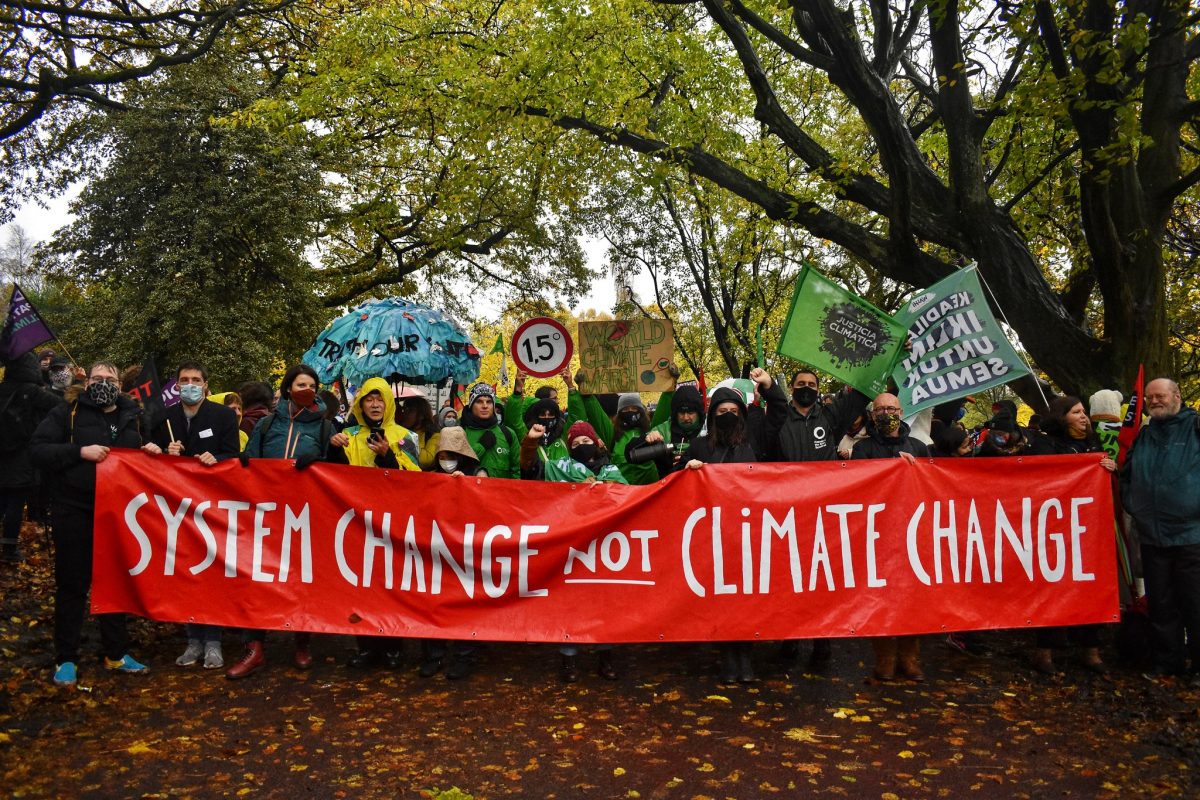
Durban: Kyoto Protocol weakened and developing countries bullied
If you read the EU commissioner for climate action Connie Hedegaard’s summary of the outcomes of the Durban climate summit, it sounds like the talks were a great success. Hedegaard is trying to enforce the story that the EU is leading on tackling global climate change. In fact, what Durban gave us was another ‘we agree to agree on a deal later’. The sad truth about the so-called roadmap agreed in Durban is that it fails spectacularly to take action against the climate crisis. Instead of leading on climate change action, the EU is part of a band of culprits comprising rich developed countries, who refuse to act. This band of brothers is the US, who never signed up to the Kyoto Protocol in the first place, Canada, who dropped out of Kyoto yesterday to continue their climate wrecking tarsands operations, Japan, New Zealand, Australia, Russian and finally the EU. Together, these countries are responsible for 75% of all emissions historically, yet continue to avoid and dodge their responsibility to act.
The Kyoto Protocol is still alive after Durban, but it isn’t well. Kyoto is the only existing international framework for legally-binding emissions reductions by rich industrialised countries, and has emerged significantly weakened from the Durban talks. The second commitment period of the Kyoto Protocol has still not been formally agreed and would only cover the European Union and a handful of other developed countries.
Nnimmo Bassey, Chair of Friends of the Earth International, said: “Developed countries, led by the United States, accelerated the demolition of the world’s international framework for fair and urgent climate action. And developing countries have been bullied and forced into accepting an agreement that could be a suicide pill for the world.
“From the Horn of Africa to Thailand to Venezuela to the small island state of Tuvalu, hundreds of millions of people are bearing the brunt of the climate crisis they did not create. The lack of progress in Durban means that we are even closer to a future catastrophic four to six degrees Celsius of warming, which would condemn most of Africa and the small island states to climate catastrophe and devastate the lives and livelihoods of many millions more around the world.”
What we urgently needed from the climate talk was keeping the Kyoto Protocol alive by agreeing to a
second commitment period. We needed sufficient targets for cutting greenhouse gas emissions. We needed a shift of the burden of climate action away from developing countries who are the least responsible for causing climate change. We needed a funded Green Climate Fund to help finance climate action in developing countries.
What we got was none of those. Bobby Peek of groundWork / Friends of the Earth South Africa described what we got instead:
“Developed country governments have connived to weaken the rules that require their countries to act on climate whilst strengthening the rules that allow their corporations to profit from the crisis.
“After bailing out the banks, rich countries at the climate talks refused to commit a single new dollar for climate finance for developing countries. They insisted on allowing multinational corporations and global financial elites to directly access the Green Climate Fund, and pushed through the opening up of further possibilities for speculation via the dangerous carbon market bubble. It is clear in whose interests this deal has been advanced, and it isn’t the 99% of people around the world.”
